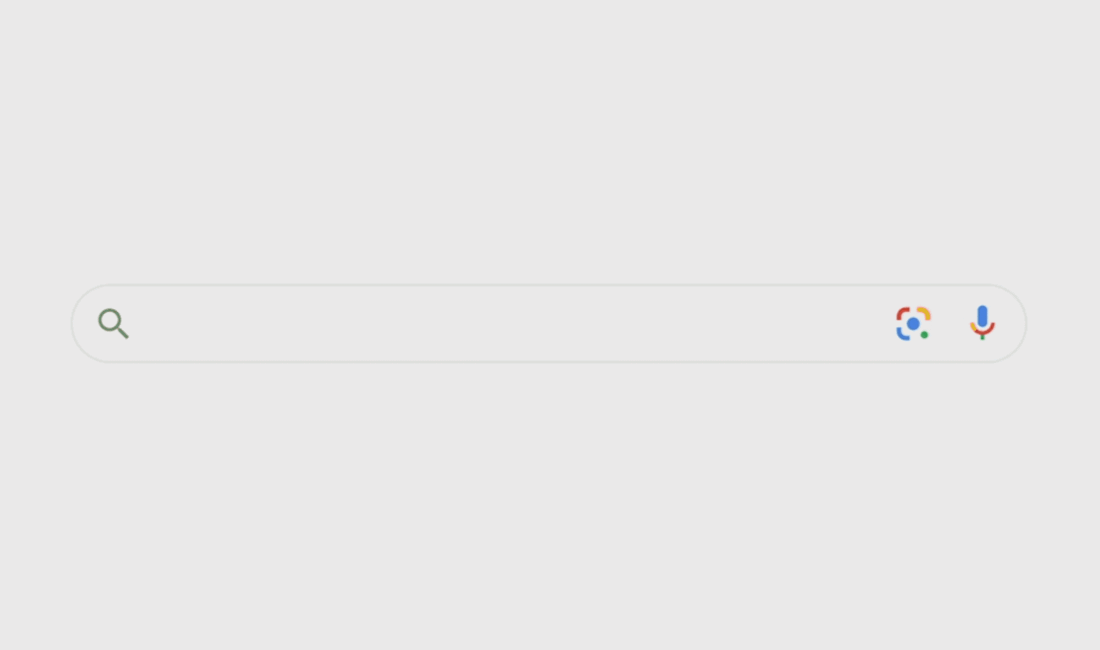We can’t send you updates from Justia Onward without your email.
Unsubscribe at any time.
Google made a significant number of announcements during its “Search On” livestream event last week. These changes aim to advance Google’s ability to understand user queries and organize the information in more useful ways.
For Google, it is important to understand a query and provide the most relevant results for it. Google said: “BERT is now used in almost every query in English, helping you get higher quality results for your questions. We’re also sharing several new advancements to search ranking, made possible through our latest research in AI.”
Let’s take a look.
Spelling
Google introduced a new spelling algorithm that will improve its ability to decipher misspellings and understand context. This is relevant because one out of every ten queries has spelling mistakes.

Passages
Google is now able to index individual passages on pages. This helps Google find relevant information about queries that are “tricky” and find the result that would best answer your query.
“By better understanding the relevancy of specific passages, not just the overall page, we can find that needle-in-a-haystack information you’re looking for. This technology will improve 7 percent of search queries across all languages as we roll it out globally.”

Subtopics
Google will start surfacing information on subtopics for broad search queries. Google is looking to diversify the content that it delivers to make it more valuable to the user. How they will do it is still unclear; they will start rolling this out by the end of the year.
“We’ve applied neural nets to understand subtopics around an interest, which helps deliver a greater diversity of content when you search for something broad. As an example, if you search for “home exercise equipment,” we can now understand relevant subtopics, such as budget equipment, premium picks, or small space ideas, and show a wider range of content for you on the search results page. We’ll start rolling this out by the end of this year.”

Understanding Key Moments in Videos
Google will be using an AI approach to understanding deep semantics within a video and identifying key moments. By the end of this year, 10 percent of Google searches will be using this technology.

You can watch Google’s announcement in the video below to learn about all the details shared about these and other features.